#thomas bo larsen
Text
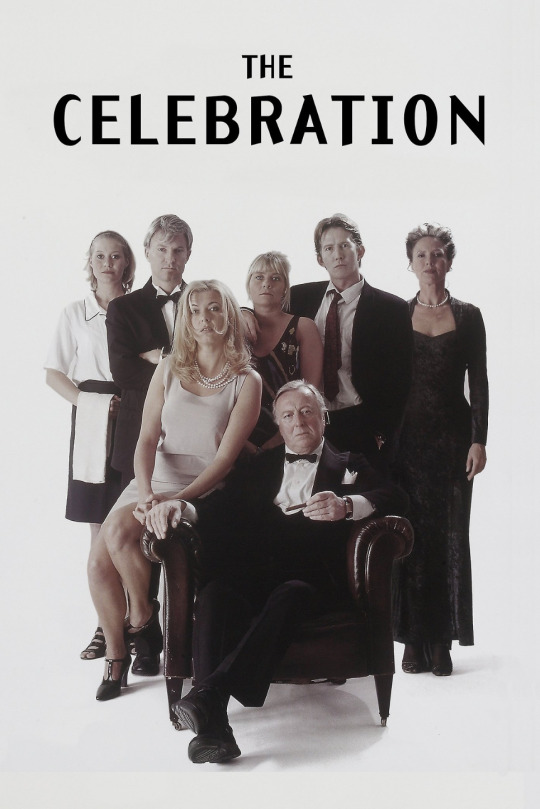
#movies#polls#the celebration#the celebration 1998#the celebration movie#90s movies#thomas vinterberg#ulrich thomsen#henning moritzen#thomas bo larsen#requested#have you seen this movie poll
66 notes
·
View notes
Text
#gifmovie#film#movie#90s#1990s#De Største Helte#The Biggest Heroes#Thomas Vinterberg#Denmark#Danish#Danish cinema#cinema#anarchy#Thomas Bo Larsen#Ulrich Thomsen
103 notes
·
View notes
Text
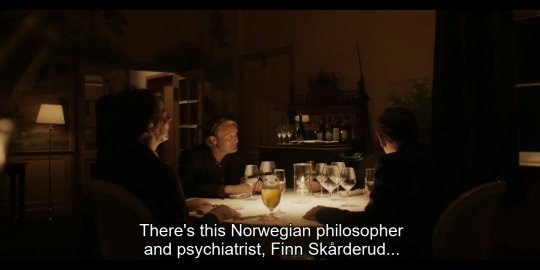
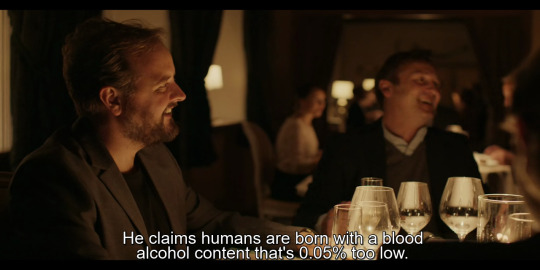
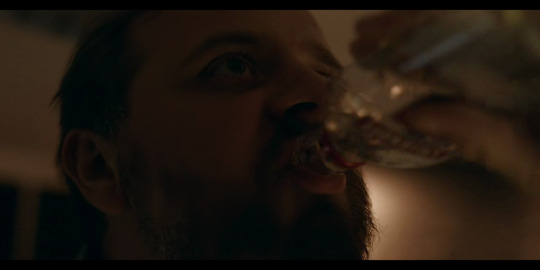
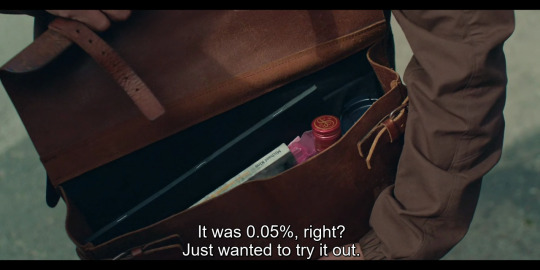
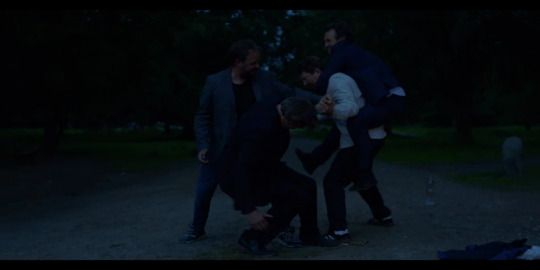
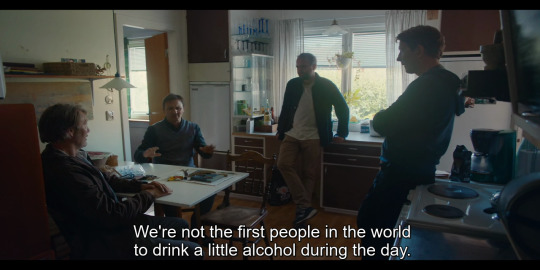

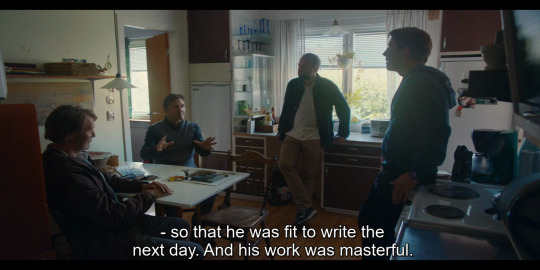
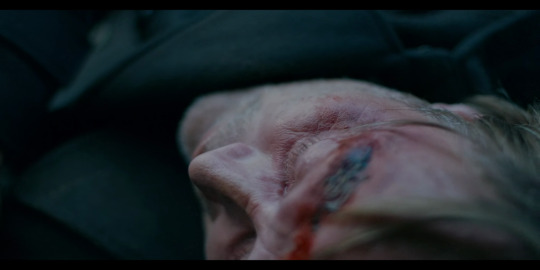
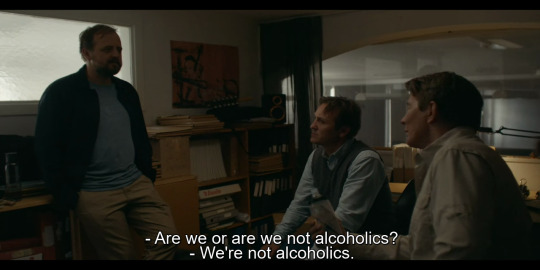
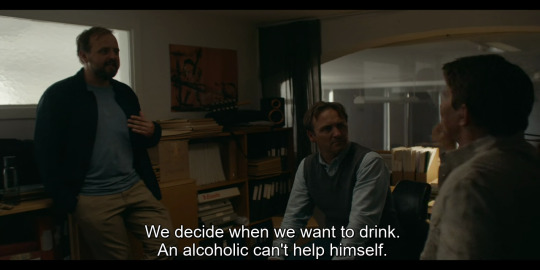
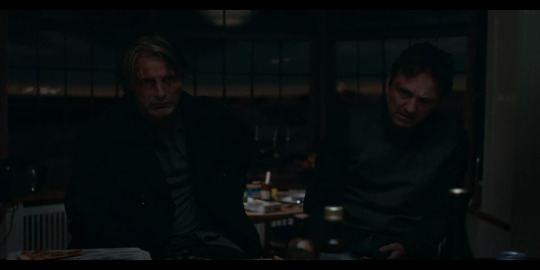
Druk, 2020
#comedy#drama#druk#another round#thomas vinterberg#tobias lindholm#mads mikkelsen#thomas bo larsen#magnus millang#lars ranthe#denial
23 notes
·
View notes
Photo
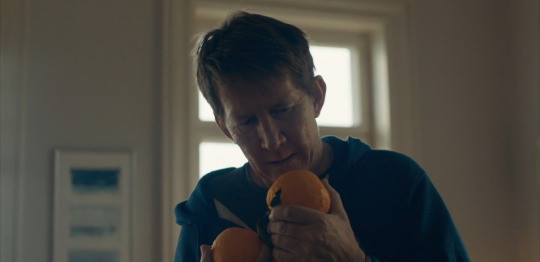
Druk
10 notes
·
View notes
Photo

Festen
directed by Thomas Vinterberg, 1998
#Festen#The Celebration#Thomas Vinterberg#movie mosaics#Ulrich Thomsen#Henning Moritzen#Paprika Steen#Gbatokai Dakinah#Thomas Bo Larsen#Helle Dolleris#Bjarne Henriksen#Trine Dyrholm#Birthe Neumann#Lars Brygmann
2 notes
·
View notes
Text
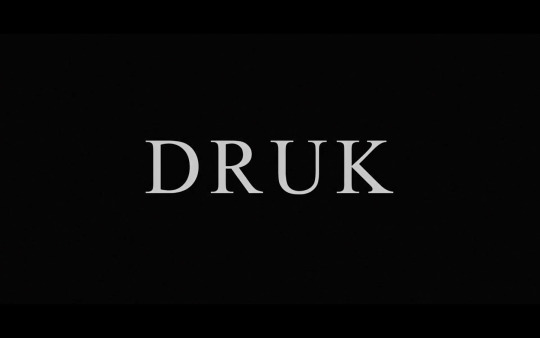
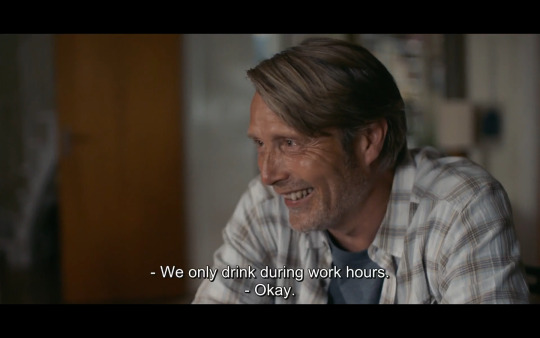
Druk
Thomas Vinterberg, 2020 (1h55)
6 notes
·
View notes
Text

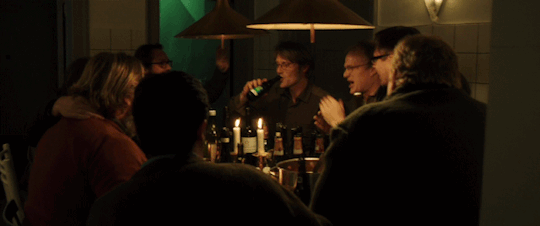
Another Round (Danish: Druk) (2020)
#another round#mads mikkelsen#thomas vinterberg#tobias lindholm#thomas bo larsen#magnus millang#lars ranthe
28 notes
·
View notes
Text
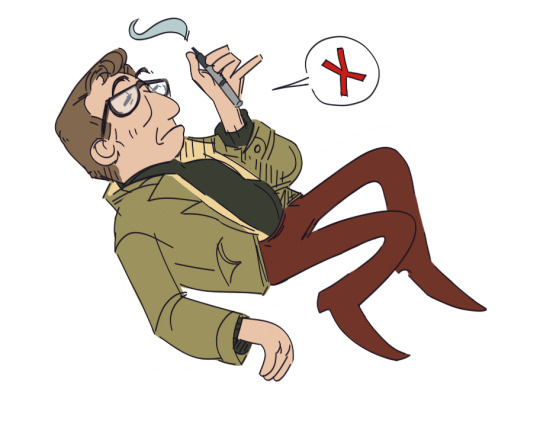
teeeeeny karsten i drew while watching my housemates do shots
#pretzel's art#veni vidi vici#veni vidi vici 2017#karsten daugaard#thomas bo larsen#boy get that vape straight outta your mouth
8 notes
·
View notes
Text
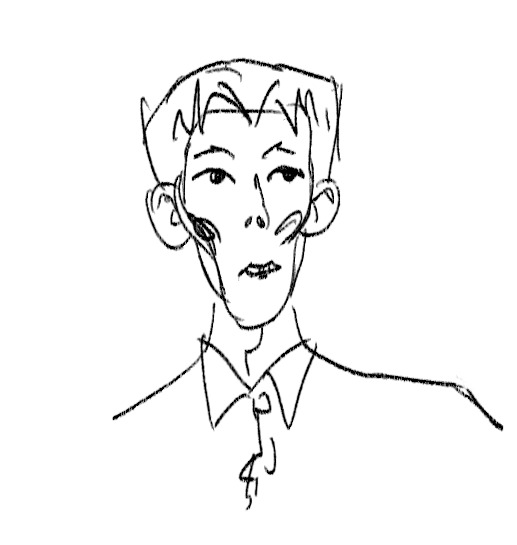
I find it hard to draw likenesses. Usually if I try very hard, study photos, construct faces, it turns out awful, but sometimes I just open a new image, draw something without any preparation, sketch or reference and it turns out good. My theory is that the studious approach and hard work pay off, but not immediately. The result of drawing studies is bad. But something has been learned, and the lessons are marinating in the subconscious and waiting for a good day, one of those when you've got the feeling in your hand.
ANYWAY I've recently seen quite a few films with Thomas Bo Larsen. The last one was De største helte, which explains why he looks so young in the drawing
2 notes
·
View notes
Text

The Celebration (Festen) [1998] Review
The Celebration (Festen) [Dogma #1]
Directed by Thomas Vinterberg
Year Released: 1998
Duration: 105 Minutes
Filming Format: Digibeta to 35mm
Video: Colour
Audio: Monaural
Language: Danish (with English subtitles)
Aspect Ratio: 1.33:1
Thomas Vinterberg's 1998 film, The Celebration, is a film that balances two of storytelling's most fundamental themes, comedy, and tragedy. The film is a glimpse into the lives of a horrifically dysfunctional Klingenfeld family who, on the sixtieth birthday of their patriarch Helge (Henning Moritzen), see their comfortable, carefree, bourgeois lifestyle tainted by an evening of relived trauma, revelation, and betrayal.
The film follows the three children of Helge, the eldest son Christian (Ulrich Thomsen), a restaurant owner in Paris and the black sheep of his family, his younger brother Michael (Thomas Bo Larsen), a sleazy drunk, desperate to live up to his father's expectations and their sister, the well-travelled, caring, and progressive, Helene (Paprika Steen). The children, as well as a horde of guests comprised of friends and family, have gathered at one of Helge's Danish countryside hotels to celebrate his birthday. What is expected to be a lavish evening of cocktails, tuxedoes, and excessive amounts of food quickly devolves. Christian proposes a toast to his father, the man of the hour, and gives him a choice between two small envelopes, one yellow, and the other green. Helge makes his choice and his fate is sealed as Christian announces he's selected "The Speech of Truth". What follows is the revealing of decades of family secrets rooted in Helge's oppressive sexual deviancy.
The Celebration is humourous, tragic, thought-provoking, sensitive, and dark. It is a film that contains the rarity of men being vulnerable on screen, rather than misogynistic, testosterone-fuelled, agents of sex and chaos. But it is also a film that shows that evil man is capable of inflicting on those they're supposed to care for most.
While the story is filled with the melodramatic tones of a chamber drama, the actor's performances bring a sense of urgency and reality to the situation. Ulrich Thomsen plays quite possibly one of the most sympathetic male roles in cinematic history. While we don't know every detail of the children's upbringing, it is easy to feel what Christan and his siblings had to endure all while conforming to the bourgeois lifestyle they were born into; being restricted by the shackles of the expectation to look the part of their social class. The actor's on-screen chemistry is undeniable with Larsen and Thomsen lovingly insulting each other in a fashion only brothers could.
The film was the first official entry in the "Dogme 95" manifesto, put together by fellow Danish director Lars von Trier and Thomas Vinterberg himself. The manifesto outlines a variety of restrictions on the making of the film including having only diegetic sound, only natural lighting, etc. While many of these restrictions can make the final product seem amateurish and clunky, they work in favour of The Celebration. The low-key, intimate, cinematography from Anthony Dod Mantle evokes a feeling that we are not supposed to be viewing this film; that what we are viewing is the home video of one tragic night in a family's history. This feeling is brought on by the film only containing handheld shots as well as the now nostalgic quality created by the distortion of early digital technology.
While many viewers cannot relate to the experience of growing up in the high-end, bourgeois, environment the Klingenfeld children did, Mogens Rukov and Thomas Vinterberg do a masterful job at writing a variety of characters who could be related to by anyone from any walk of life.
-- Carter
#the celebration#festen#thomas vinterberg#dogma 95#cult classic#cult films#lars von trier#danish#danish cinema#90s drama#90s movies#thomas bo larsen#kinobloggin
5 notes
·
View notes
Text
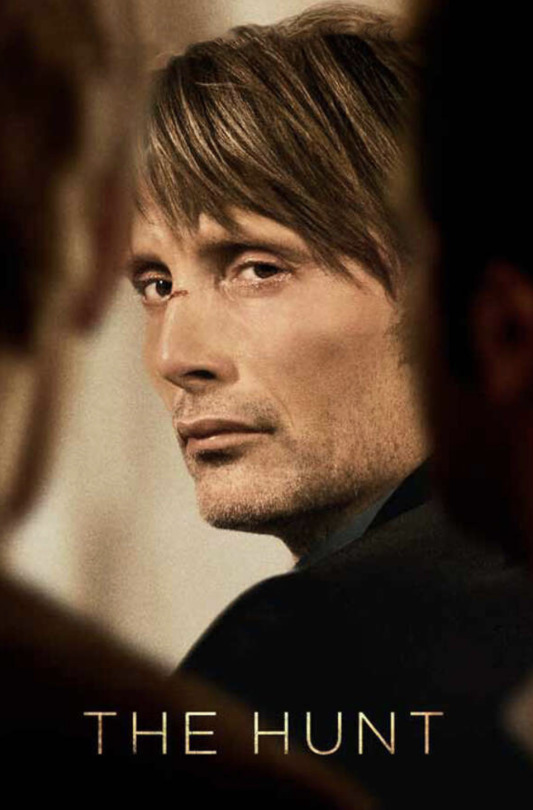
#movies#polls#the hunt#the hunt movie#the hunt 2012#2010s movies#jagten#thomas vinterberg#mads mikkelsen#thomas bo larsen#have you seen this movie poll
73 notes
·
View notes
Text
Ambulancen (2005) Movie Review
Ambulancen – Movie Review
ABC Film Challenge – World Cinema – A
Director: Laurits Munch-Petersen
Writer: Laurits Munch-Petersen, Lars Andreas Pedersen (Screenplay)
Cast
Paw Henriksen (In a Better World)
Thomas Bo Larsen (Another Round)
Helle Fagralid (Sorrow and Joy)
Torbjørn Hummel (Forbrydelsen)
Niels Andersen
Lars Bjarke (Sølvtråd)
Plot: Two brothers commit a robbery out of…
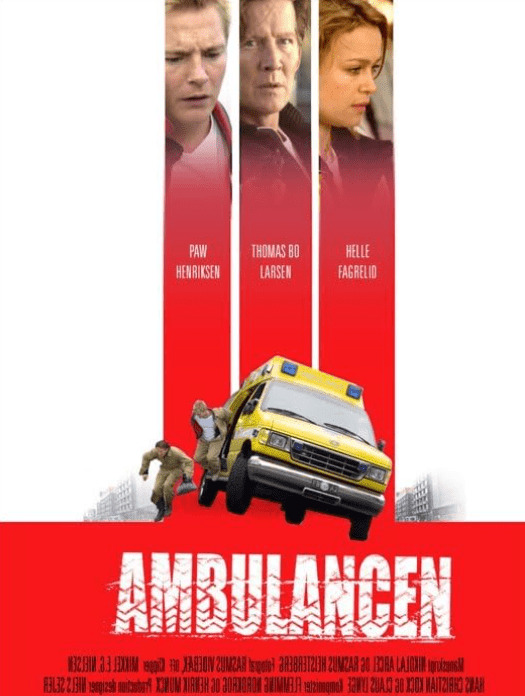
View On WordPress
0 notes
Text
「セレブレーション」
トマス・ヴィンターベア
The Celebration
Directed by Thomas Vinterberg • 1998 • Denmark
Starring Ulrich Thomsen, Henning Moritzen, Thomas Bo Larsen
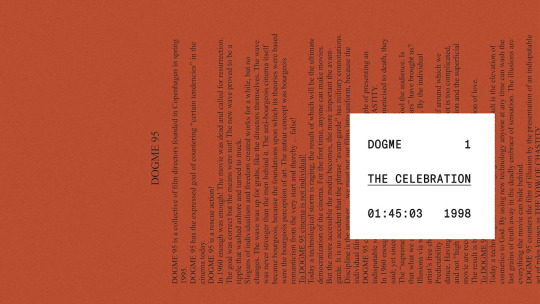
一本の田舎道をスーツを持った男が歩いている。ここから映画が始まる。
そこに、一台の車、男の弟が、子供3人を乗せて走ってきた。弟は、兄を乗せて、妻子をおろし、歩いてくるよう命じた。斬新だ。
この作品は、ラスフォントリフォーらが提唱したドグマ95の第一作目らしい。
実業家の父の60歳の誕生日祝いに家族や友人、大勢のものが彼の経営するホテルに集まった。主人公のクリスチャンは、彼の長男。パーティーが始まり、彼は、スピーチで、父親に、幼い頃、自殺した妹と共に、レイプされていたと告白した。一同は、騒然となる。父親も同様を隠せない。そこから、パーティーは、メチャクチャになっていく。
ドグマ95とは、5人の映画監督によって新しい映画のあり方を模索していくために提唱された活動
1.撮影はすべてロケーション撮影によること。スタジオのセット撮影を禁じる。
2.映像と関係のないところで作られた音(効果音など)をのせてはならない。
3.カメラは必ず手持ちによること。
4.映画はカラーであること。照明効果は禁止。
5.光学合成やフィルターを禁止する。
6.表面的なアクションは許されない(殺人、武器などは起きてはならない)。
7.時間的、地理的な乖離は許されない(つまり今、ここで起こっていることしか描いてはいけない。回想シーンなどの禁止である)。
8.ジャンル映画を禁止する。
9.最終的なフォーマットは35mmフィルムであること。
10.監督の名前はスタッフロールなどにクレジットしてはいけない。
この方法だと、たとえ、映画のストーリーがフィクションであっても、ドキュメンタリーのような臨場感、真実性が生まれる。しかし、この映画でもそうだったが、日没後の画面は、照明を使わないという制約があるため、暗すぎて、見にくい。
0 notes
Photo
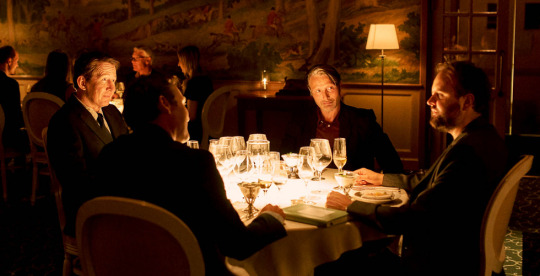
Druk
#Druk#Another Round#Thomas Vinterberg#Mads Mikkelsen#Thomas Bo Larsen#Magnus Millang#Lars Ranthe#champagne#dinner#movie#film
10 notes
·
View notes
Link
0 notes
Photo

Mads Mikkelsen in The Hunt (Thomas Vinterberg, 2012)
Cast: Mads Mikkelsen, Thomas Bo Larsen, Annika Wedderkopp, Lasse Fogelstrøm, Susse Wold, Anne Louise Hassing, Lars Ranthe, Alexandra Rapaport, Sebastian Bull, Bjarne Henriksen. Screenplay: Thomas Vinterberg, Tobias Lindholm. Cinematography: Charlotte Bruus Christensen. Production design: Torbin Stig Nielsen. Film editing: Janus Billeskov Jansen, Anne Østerud. Music: Nikolaj Egelund.
Thomas Vinterberg and his co-screenwriter, Tobias Lindholm, load so much misery on the protagonist of The Hunt that they find themselves in a bind: How do you resolve a plot that inflicts so much suffering on an innocent man without resorting to either a saccharine happy ending or a depressingly cataclysmic one? When Lucas (Mads Mikkelsen), a man in his 40s who teaches in the kindergarten of a small Danish village, is accused by one of the children of exposing himself to her, his life goes to hell. He loses his job and his friends, including his girlfriend, and ruins his chances of a more favorable custody agreement with his ex-wife. And even after the authorities find that there is no evidence to substantiate the little girl's charge, he is still harassed by his neighbors and even denied service at the local grocery store. It's a superb part for Mikkelsen, but the film depends equally on the performances of Susse Wold as Grethe, the principal of the kindergarten; Thomas Bo Larsen as Theo, the father of the little girl; Lasse Fogelstrøm as Lucas's teenage son, Marcus; and especially the very young Annika Wedderkopp as Klara, Lucas's accuser. The suspicions directed at Lucas gain credibility from the fact that he's an anomaly in the somewhat macho culture of the village: Well into middle age, he is the only male teacher in the kindergarten -- it was apparently the only available teaching job after the school he once taught at closed. Klara is drawn to him as a kind of father figure: Her parents spend much time fighting with each other. Somewhat withdrawn, she has a childish ritual of never stepping on the lines in the sidewalk, and she gets lost because she looks at her feet and not where she's going. Lucas finds her one day and gets her home safely, and promises her that she can come to his house and play with his dog, Fanny. But Klara develops a kind of crush on Lucas, and when she gives him a present and tries to kiss him on the lips, he is forced to establish some limits. Hurt by the rejection, Klara tells the principal that she doesn't like Lucas because he's a man and has a penis. The principal unfortunately takes her remark too seriously and pursues the matter, whereupon Klara remembers a pornographic image that her older brother had shown her on his phone and describes it as if it were Lucas's penis. The principal's amateurish investigation feeds parental hysteria which ultimately provokes other children to come forward to accuse Lucas. The film recalls the widespread incidents of sexual abuse accusations that took place particularly in the 1980s, as in the notorious McMartin preschool case in Los Angeles. Fortunately, Vinterberg and Lindholm keep the larger issues in the background as they concentrate on its effect on Lucas, his family, and his friends. The end of the film is, however, something of a muddle: Lucas's life has returned to normal, as far as we can see, as he celebrates Marcus's coming of age by letting the boy join a deer hunt. Only in the concluding sequence do we get a suggestion that the incident will never be fully resolved.
1 note
·
View note